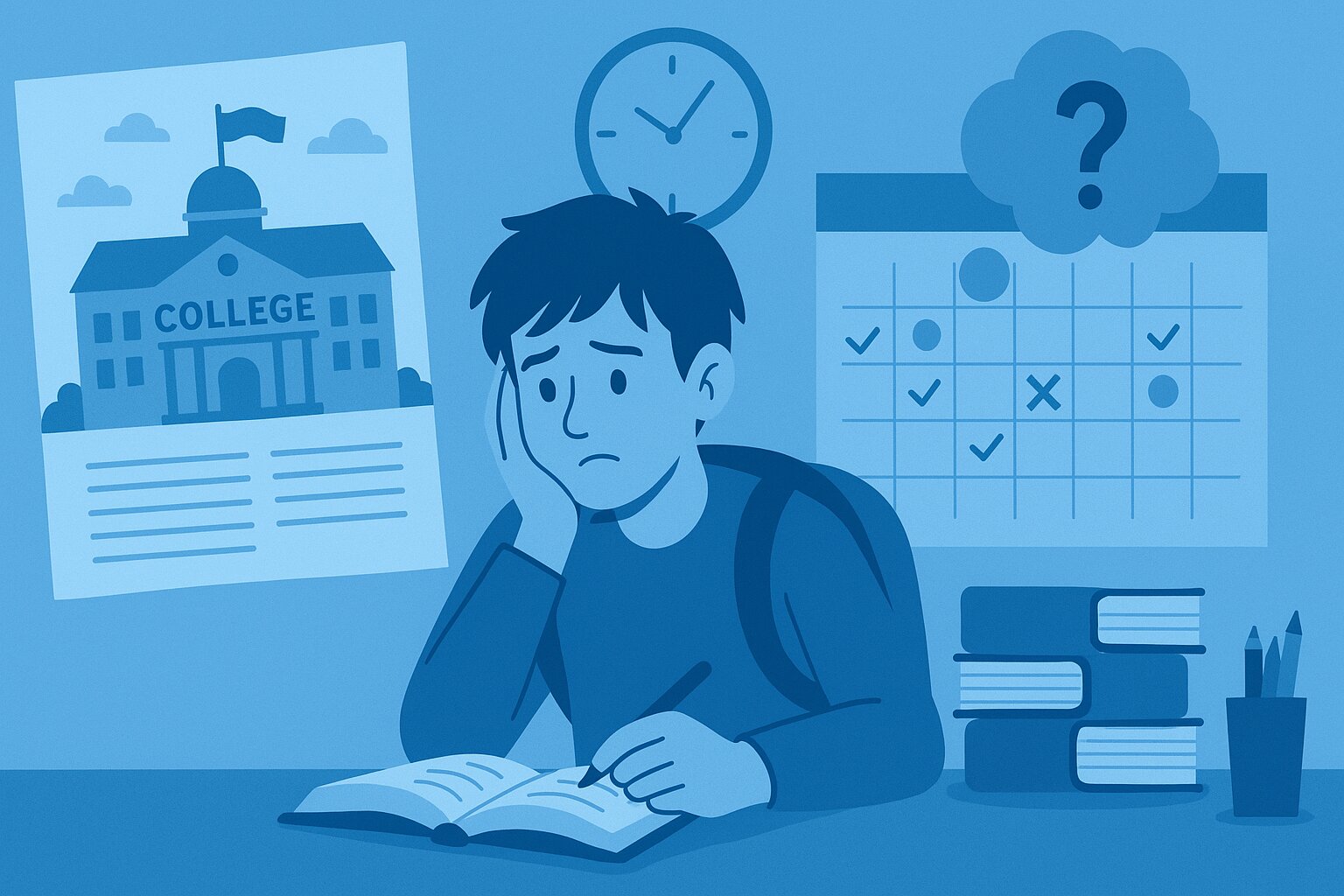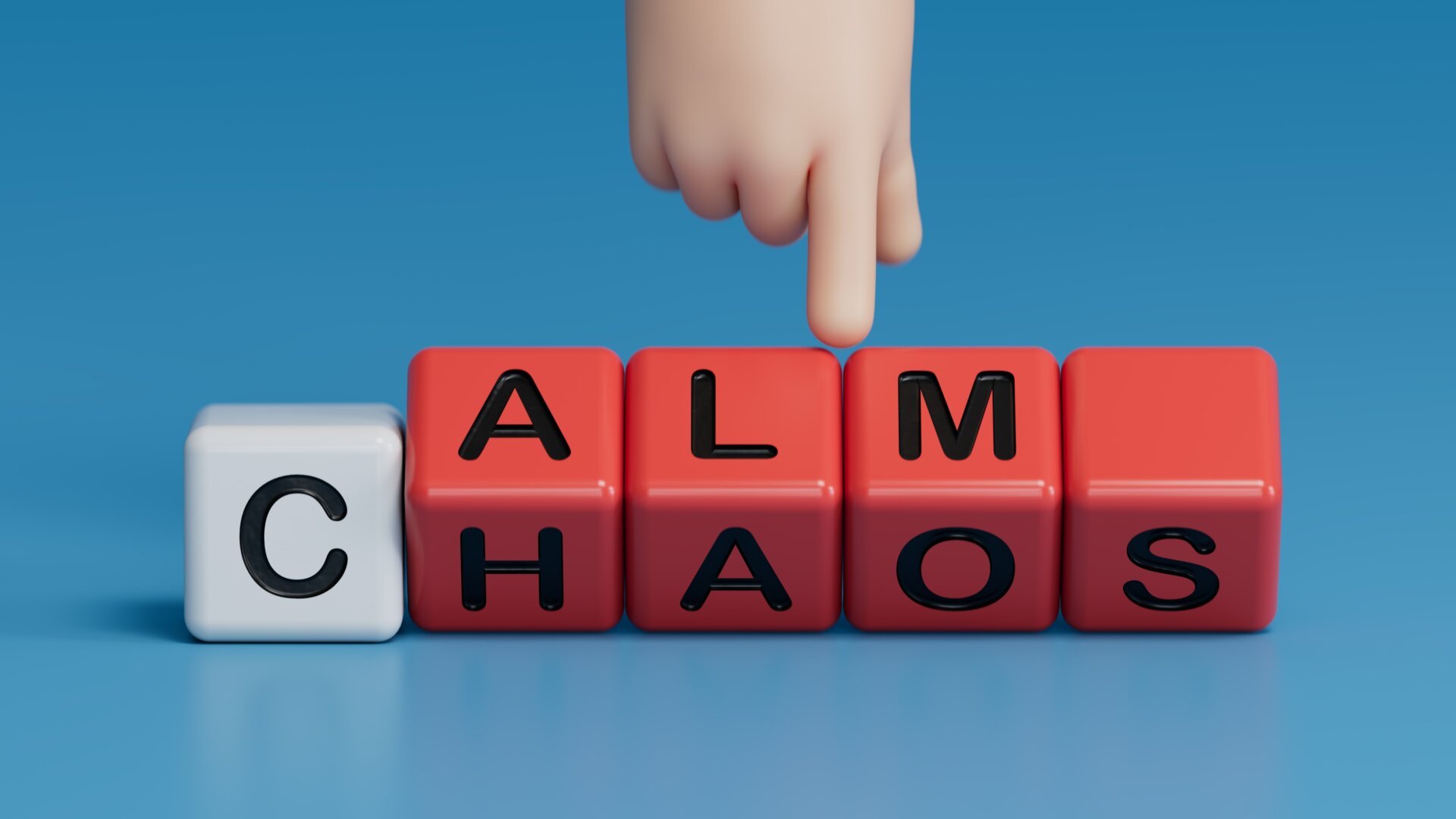What is Rejection Sensitive Dysphoria (RSD)?
Rejection Sensitive Dysphoria (RSD) is an intense emotional response to perceived rejection, criticism, or even a sense of not being good enough. For people with ADHD or those facing executive function challenges, RSD can make every small critique feel like a deep wound, as though each comment or glance magnifies their flaws.
RSD isn’t about being “overly sensitive.” It’s about how the brain responds in a heightened way, amplifying rejection to an overwhelming level. For teenagers, this can manifest as emotional outbursts, perfectionism, people-pleasing, or avoiding challenges altogether.
Teens with ADHD, in particular, often struggle with executive function skills like regulating emotions or shifting focus, which can make RSD even more overwhelming. These teens aren’t simply “too sensitive” but their brains process rejection differently, making every perceived criticism feel like it echoes loudly in their minds.

Ezra’s Story: Overcoming Fear
When Ezra made a mistake in his Geometry class, his teacher corrected him, and a couple of classmates laughed. Embarrassed, Ezra began to dread math, convinced he’d keep failing.
Through executive function coaching, Ezra learned to manage his emotions and build resilience. He practiced breaking down assignments into smaller, achievable steps, using deep breathing to calm himself in stressful moments, and time-blocking to make tasks less intimidating.
Slowly, his dread of making mistakes turned into opportunities to learn and grow. This experience highlights a key lesson: RSD doesn’t have to define a student’s journey.
How RSD Intersects with ADHD and Executive Function Challenges
Executive function skills are the brain’s way of helping us manage emotions, make plans, and make thoughtful decisions. For teens with ADHD, these skills are often still developing and that means their emotional regulation might lag behind their peers. RSD amplifies those challenges, making it feel almost impossible to recover from criticism.
Building stronger executive function skills gives teens more control and confidence, helping them take rejection less personally and develop greater resilience.
Signs Your Teen Might Be Experiencing RSD
RSD doesn’t look the same for everyone, but here are some common signs:
- Emotional Outbursts: Sudden, intense reactions to perceived criticism or rejection. This might show up as anger, sadness, or both.
- Avoidance: A reluctance to take risks. These include trying out for a team or presenting in front of a class—to avoid any chance of failure.
- Perfectionism and People-Pleasing: Going to great lengths to avoid criticism, often striving for perfection or doing more than necessary just to keep everyone happy.
- Spiraling After Loss: Losing a friend or going through a breakup can send them into an emotional spiral, feeling overwhelmed by rejection and struggling to regain balance.
- Fear of Disappointing Others: Extreme anxiety about letting others down, often leading to overcommitment or burnout to avoid criticism.
If these signs resonate with your teen, it’s important to understand they aren’t just being dramatic or seeking attention. Their brain perceives rejection in an amplified way, and their response is rooted in that intense experience.

Strategies for Supporting Your Teen Through RSD
- Build Emotional Awareness:
Help your child identify and understand their emotions. Emotional awareness is one of the first steps toward managing RSD.
- Identify Triggers: Encourage your child to pinpoint situations that create strong emotions. These could include certain classes, interactions, or even particular people.
- Label Emotions: Guide students to identify and accurately label their emotions (e.g., “I feel embarrassed because I didn’t know the answer in class”). Naming emotions reduces their intensity and helps students manage them more effectively. Many students tend to label any discomfort as “anxiety,” which can amplify their distress.
- Identify Intensity: Ask your child to rate the intensity of their emotions on a scale from 1 to 10, helping them gain perspective and track emotional patterns over time. Combining precise labeling with intensity ratings by asking if the feeling is excitement, apprehension, or disgust fosters a deeper understanding. Avoid using broad terms like “anxiety” and aim for accuracy to capture their true emotional experience.
- Strengthen Executive Function Skills
Strengthening executive function skills helps your child manage impulses, build self-awareness, and organize their thoughts, which in turn helps reduce RSD’s grip.
- Emotional Regulation: Tools like mindfulness exercises or simple breathing techniques can help teens manage intense emotions effectively. Using these tools helps them to stay calm and composed, even in stressful situations.
- Impulse Control: Encourage strategies like taking deep breaths or stepping away for a moment to listen to their favorite song or take a quick walk. These actions can help them reset and respond with more calm. Teaching your teen to pause can help prevent impulsive actions and allow them to consider the potential consequences of their actions.
- Metacognition (Self-Awareness): Encourage your teen to reflect on their emotions and behaviors. Journaling or talking through their experiences can help them understand their patterns and make thoughtful decisions about how to respond to future challenges.
- Challenge Negative Thoughts
Negative self-talk often fuels RSD, amplifying feelings of failure or worthlessness. Encourage your child to:
- Identify Negative Patterns: Help them recognize the repetitive, negative thoughts like “I’m not good enough” or “I always mess up.”
- Challenge Distortions: Encourage them to question these thoughts when calm. Is there real evidence that they “always” fail? Often, emotions can distort reality.
- Reflect on Strengths: Act as a mirror for your teen by reminding them of their strengths, past achievements, and their resilience in overcoming challenges.
4. Foster a Safe, Supportive Environment
Teens who demonstrate significant reactions to rejection need a space where they feel free to express emotions without judgment.
- Active Listening: Let them talk without interrupting, even if what they’re saying seems small. Feeling heard can be incredibly validating.
- Open Conversations: Share your own experiences with rejection. Normalizing conversations about rejection can make your teen feel less alone. Consider activities like taking a walk together as a way to keep these discussions informal and their defenses down.
- Unconditional Support: Remind them that they are loved, regardless of their grades or accomplishments. Knowing they are valued for who they are, not just for what they achieve, reduces their fear of disappointing you.

Amelia’s Story: Building Resilience
Amelia, a high school junior, struggled with receiving feedback on her writing. The fear of rejection held her back, and every comment on her work felt like a personal failure. With the support of her parents, Amelia began practicing self-compassion and recognized that a critique was about improvement, not failure.
Over time, while rejection still stung, it no longer derailed her progress. This shift allowed her to grow steadily, learning that mistakes are not setbacks but steps forward.
Connecting the Dots: RSD, ADHD, and the Executive Function Connection
RSD and ADHD often coexist, making emotional regulation particularly challenging. Executive function skills are essential in managing the emotional highs and lows that RSD brings. For students with ADHD, improving these skills isn’t just about getting organized, it’s about cultivating a stronger, more confident sense of self.
By strengthening executive function skills, teens gain better emotional regulation, increased resilience, and more confidence in their ability to face challenges. This holistic growth helps them to respond thoughtfully, rather than reactively, to difficult moments. Untapped Learning focuses on nurturing these skills with consistent, positive reinforcement, helping teens to see their progress and encouraging them through challenging experiences.
Summary:
- RSD Reflects Deep Empathy: RSD shows a capacity for deep empathy and connection.
- Sensitivity as Strength: Sensitivity can be transformed into a powerful strength with the right support.
- Growth Through Support: With patience, encouragement, and structured executive function coaching, teens can learn to turn moments of rejection into opportunities for growth.
Ready for Support?
We know that supporting a teen with RSD and ADHD can feel challenging. Untapped Learning provides the tailored tools and support your teen needs to build resilience and thrive. Contact us today to learn how we can help your family take the next step forward.





